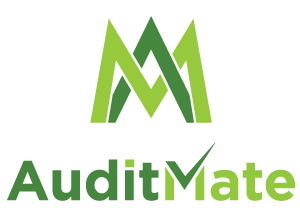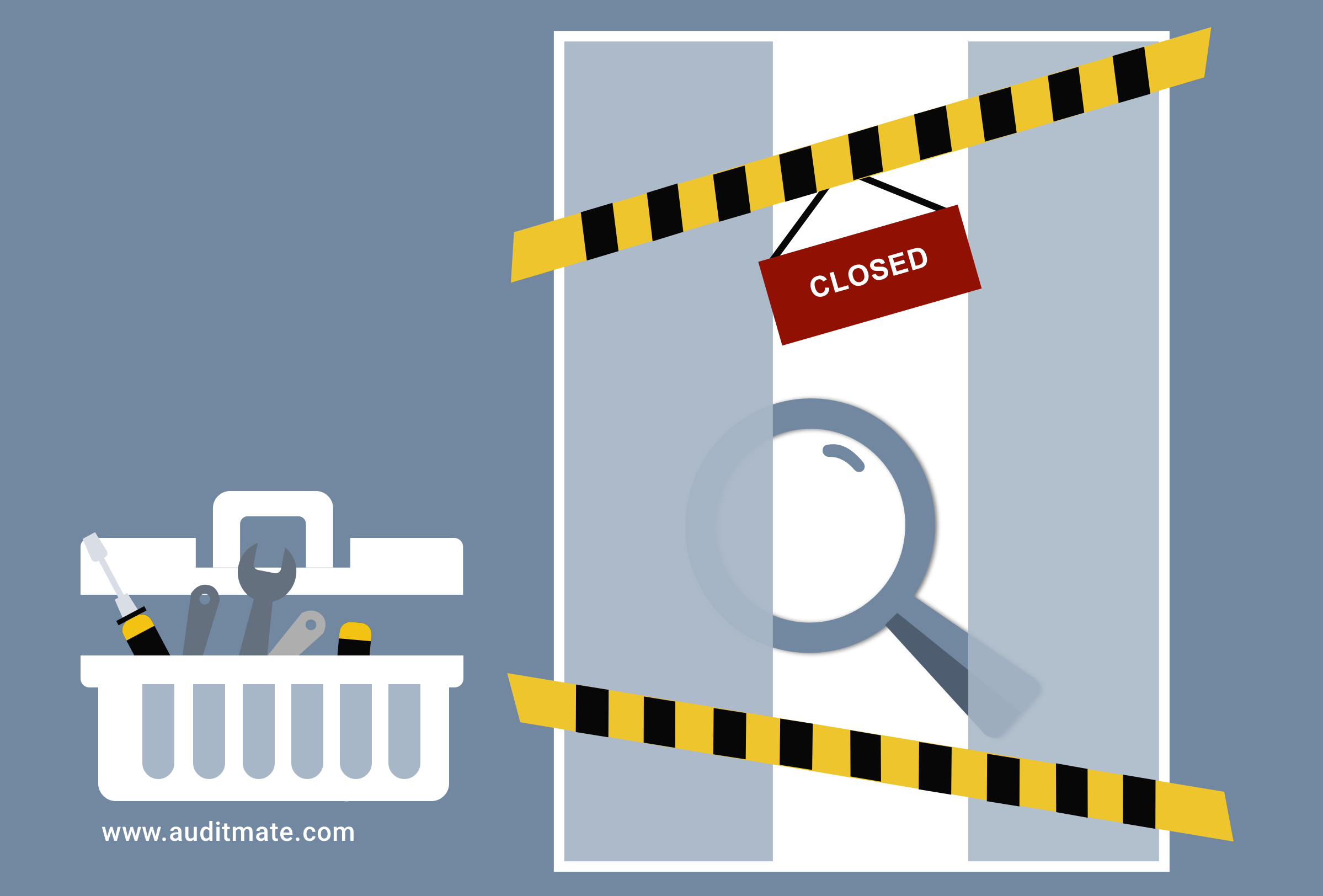Code Authority Inspections
Unfortunately, every jurisdiction handles elevator inspections and elevator inspection reports differently. As a result, this is an area that can cause a lot of confusion for elevator owners about how to make sure they are in compliance and that they are following the proper steps.
Today, we will focus on what should happen once an elevator inspection has been conducted and the owner or property manager has received an elevator inspection report.
Send a copy of the report to your vendor: Most jurisdictions send elevator inspection reports directly to the owner. This is because the owner has the ultimate responsibility to ensure the corrections are completed. There was a time when the states would send the reports to the service vendor, but that has changed in almost every state. So do not assume that your vendor has received a copy of the report or that they are aware of what the possible violations are (even if they were present during the inspection). DO NOT SIT ON THE ELEVATOR INSPECTION REPORT because there are due dates and monetary penalties for failure to timely comply. Your first step is to email the code reports to the vendor and ask that they provide you with their schedule for completion. The completion of the inspection corrections must be tracked and documented to avoid fines and possible shutdowns of the equipment (red-tag).
Who is responsible for the corrections? One of the many tasks I have here at Auditmate is reviewing elevator inspection reports and determining if the required corrections are an owner’s responsibility or a vendor’s responsibility. You would think that determination would be simple, but it all comes down to the coverage in the elevator maintenance agreement. When there is a dispute, usually the problem is that the contract is not specific enough to get you quickly to a simple determination. “Vendor contracts are vendor friendly.” Vendor contracts are inherently vague for a reason. Anything not specified is up for debate, but many owners and property managers simply don’t have the industry knowledge or time to craft an effective argument for why a correction should be covered by the contract.
Elevator Inspection report proposals: If a violation correction is not covered by your agreement, the vendor will send you a proposal. While the elevator vendor contract may be as gray as Seattle in December, the cost to complete the items that are not covered should not be. It is important that the proposal clearly identifies the scope of work and that the scope justifies the proposed price. If there is anything that you do not understand or that does not make common sense, ask questions and request revised proposals until you are satisfied. Some of the things I have seen in recent months would certainly qualify as price gouging. For example, an elevator inspection report identified that the equipment needed to have hoistway floor identification.
Hoistway floor identification consists of taking a number stencil and stenciling the inside of the hoistway doors to identify the correct floor number. Easy stencil takes about 2 minutes per floor to complete. I recently audited a proposal to complete 6 cars that each had 24 floors. That is 4.8 hours of actual work and let’s give them the benefit of the doubt and add in 4 hours of procurement and set up time and 2 hours of travel time. That results in roughly 11 hours, but let’s round that up to 12 and at a contract billing rate of $366 per hour = $4,392. Remember, the contracted billing rate has the overhead cost and profit baked in. The actual proposal price for this work was $10,280. We disputed the proposal and shopped the price and received proposals from $2,800 to $5,100. After negotiation, the incumbent service company completed the work for $2800. It is important to question what does not make common sense. Always require a breakdown of labor, material, and overhead.
I want to say that this example is not the norm, but it is far too common that we see proposals that are 30 to 50 percent above fair market value.
I would hope that every good elevator service company that does quality work and does so with complete transparency enjoys growth and profitability. I love it when I get a proposal that is completely broken down with a clear scope of work. It shows me the company is not trying to hide anything and is confident its price is competitive. At Auditmate, we will not accept a proposal that is anything less than transparent, and you should not either.
So folks, if you are frustrated, confused, or something does not make common sense, contact us here at Auditmate, and we will help take the gray out.
Joe Stumph & Diane Rawson


Trackbacks/Pingbacks